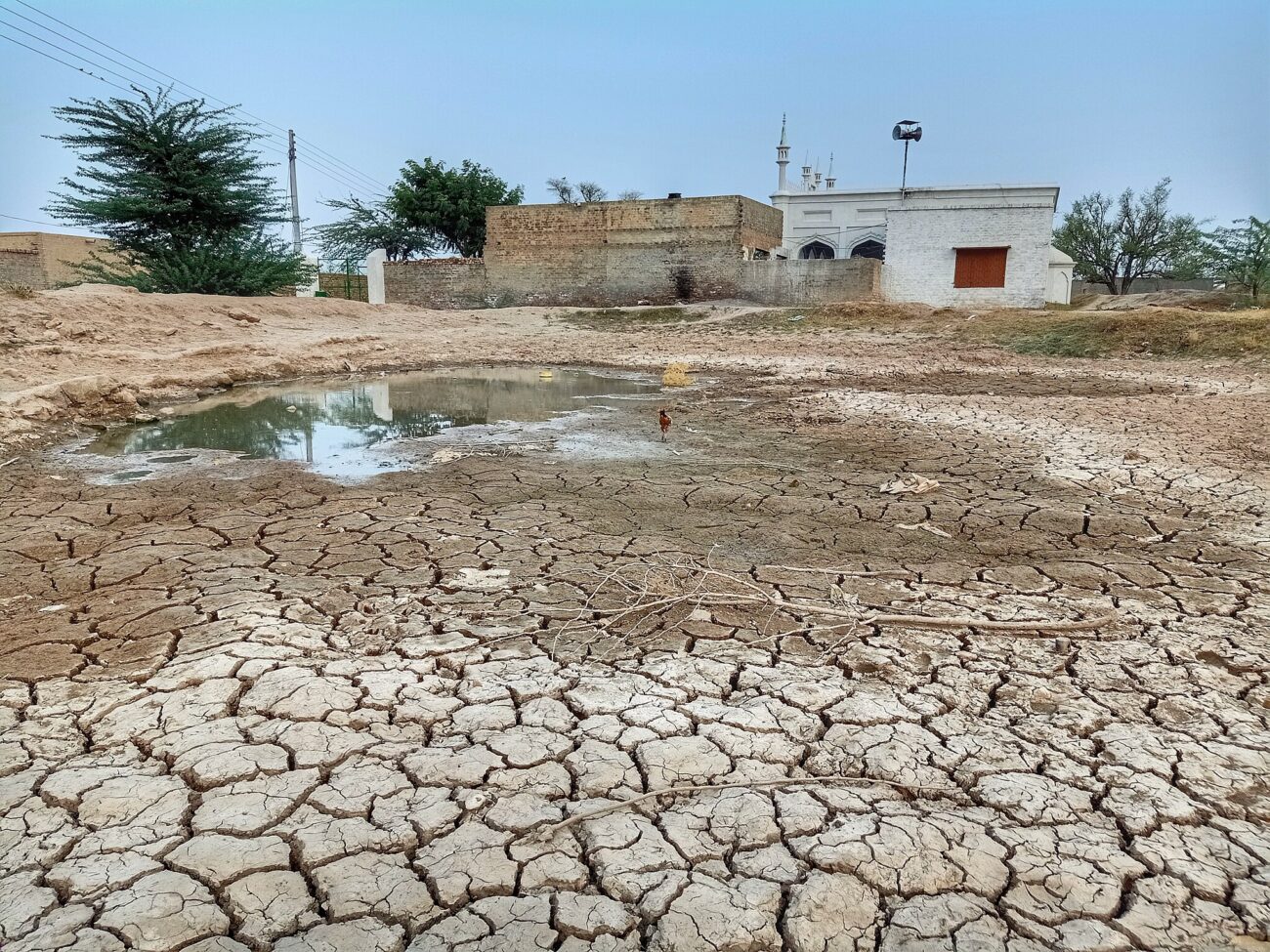
"In April, Kashmir was thrust into the world news spotlight as armed militants targeted tourists in Indian-administered Jammu and Kashmir territory, killing 26 people."
"Just a day after the initial attack, India announced it was suspending its obligations under the Indus Waters Treaty (IWT), a water-sharing agreement with Pakistan."
"The upper Indus River is fed by glacier melt from the Karakoram and Himalayan mountains; 40% of its runoff comes from extensive glacial coverage."
"Almost all of Pakistan's water comes from the Indus, which is essential as it supports farming, employing nearly half of Pakistan's workforce and accounting for a quarter of its total GDP."
In April, Kashmir experienced a significant incident when armed militants attacked tourists, resulting in 26 fatalities. This event heightened tensions between India and Pakistan, leading to military confrontations along their border. Following the attack, India announced it would suspend its obligations under the Indus Waters Treaty, which governs water-sharing rights between the two nations. The Indus River's water supply is crucial for Pakistan, heavily reliant on glacial melt from the Himalayas and Karakoram mountains, which is impacted by climate change. As a result, the treaty's future may be jeopardized by ongoing conflicts.
Read at State of the Planet
Unable to calculate read time
Collection
[
|
...
]